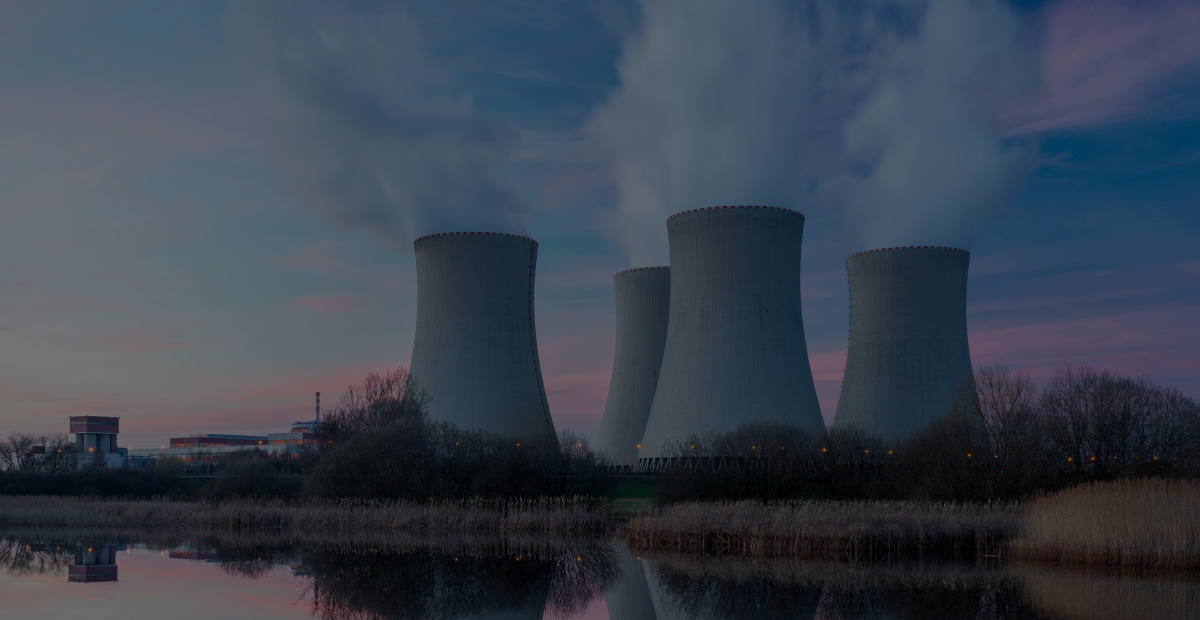At Dominion we spend much of our time researching and thinking about the future. What will the world’s consumers be buying in 5 years, 10 years, in emerging markets? How will artificial intelligence re-shape our world and how can we gain exposure to this change? How quickly will electric vehicles become standard around the world?
These questions, and many more, are core to what we do as investors. But by far and away the biggest question we ask ourselves as investors is: how will climate change and the energy transition play out?
This is by far the biggest structural trend in the global economy. The energy transition will touch every business, every person, every sector of the economy, everywhere. It is truly global in nature and the response to it is, and will increasingly be, vast in scale.
Given the dangers posed by climate change, it is now a major political issue in all large economies, and with politics comes emotions. Emotional responses to complex problems have a habit of distorting responses and actions taken. The right way to tackle any problem, however big or small, is rationally and based on evidence.
Sadly, emotions and political bias has clouded the response to climate change in many countries, and it reads like a Shakespearean play. Fossil fuels have been labelled as evil, to be distrusted and eliminated as soon as possible, their heydays long behind them, soon to be replaced by new technologies. Renewables, solar and wind, are the complete opposite, they are a panacea for our problems, zero cost, and we must relentlessly build more. Meanwhile nuclear is not to be trusted, it’s ‘too expensive’ you’ll hear people causally say, or ‘it’s dangerous’, with no qualification of these statements.
The truth about these major sources of energy is that fossil fuels are polluting but remain core to our global energy system and will do for decades to come. Renewables are now a maturing technology with considerable advantages, but they also have major disadvantages too, like only producing power when it is windy or sunny. Nuclear is not too expensive and it’s not dangerous.
The last sentence is the big one for us. Nuclear power is widely mis-understood. It evokes memories of Fukushima and Chernobyl, fear, and anger in many. But the truth is that behind all the scare stories, there has been a rising acceptance among governments and utilities around the world that we cannot cut carbon emissions without nuclear power. What’s more, the latest technologies are good value for money long-term and perfectly safe.
From Japan to Sweden, the United States to China, nuclear energy’s role in the future of electricity provision is changing. Countries with no plans for new nuclear have reversed those decisions, with big new plans for extra capacity. Older plants which were scheduled to close are having their lives extended too.
The cold, hard realities of providing electricity at scale while minimising emissions means nuclear must be part of the solution.
We have long been investors in this space and those investments have been very strong performers. Some of our nuclear investments are up more than +80% this year alone!
Sometimes, when there is a lot of emotion and misunderstanding about a technology or group of companies, this is where there is opportunity for the patient investor. We think nuclear power is a great example of this, with a long way to go in terms of the potential upside for investors as expectations catch up with reality.
Disclaimer: The views expressed in this article are those of the author at the date of publication and not necessarily those of Dominion Capital Strategies Limited or its related companies. The content of this article is not intended as investment advice and will not be updated after publication. Images, video, quotations from literature and any such material which may be subject to copyright is reproduced in whole or in part in this article on the basis of Fair use as applied to news reporting and journalistic comment on events.


